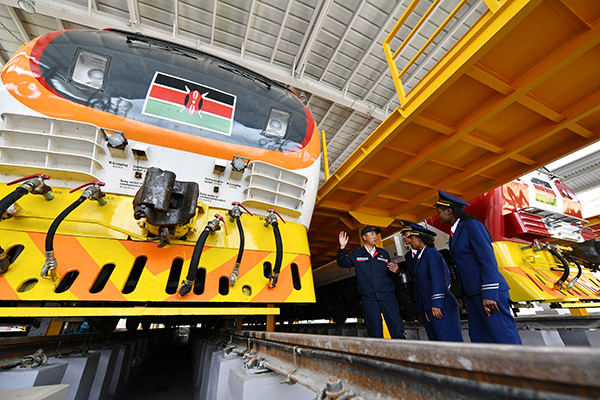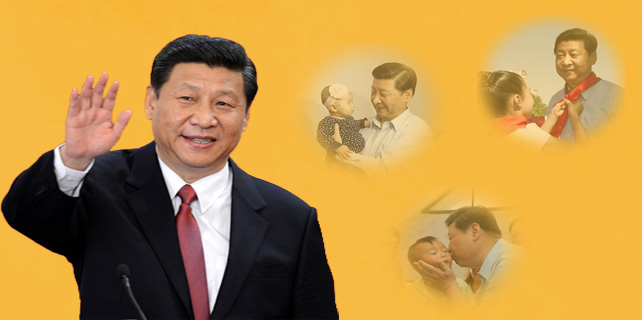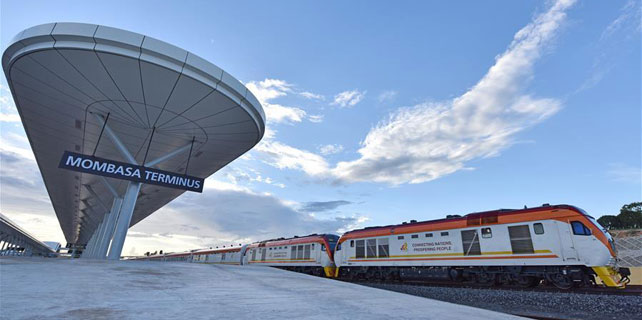B&R infrastructure growth on target
 |
|
Engineer Du Hanlin explains skills for diesel locomotive maintenance and repair to trainees from Kenya in Baoji, Shaanxi province. The Kenyan engineers will operate trains on the Mombasa-Nairobi railway, which went into operation on Wednesday. [Photo/Xinhua] |
The transportation and electricity sectors will continue to serve as major powerhouses to fuel international infrastructure development in Belt and Road economies, according to a report released on Thursday.
As shown by indicators between 2007 and 2016, the two sectors registered faster growth than the overall infrastructure industry, and became dominant driving forces of infrastructure development, said the report by the China International Contractors Association.
CICA Chairman Fang Qiuchen said: "Infrastructure potential in markets related to the Belt and Road Initiative is enormous, and will keep growing in the future. Transportation and electricity facilities are projected to maintain a fast growth pace."
"We found that some ASEAN and South Asian countries are exhibiting a sound trend of infrastructure development, including Vietnam, Indonesia, Pakistan and India," Fang said.
Fang made the remarks at the eighth International Infrastructure and Construction Forum on Thursday, which was co-hosted by the CICA and the Macao Trade and Investment Promotion Institute.
The two-day event attracted more than 1,700 officials, financial institution executives and business leaders from 63 countries and regions to discuss sustainable infrastructure and seek extensive cooperation.
In view of this, China proposed the Belt and Road Initiative in 2013, and set goals to resolve the uneven development of infrastructure facilities across various regions through infrastructure connectivity.
Yu Jianhua, vice-minister of commerce, said that there is an imperative need for deeper engagement with the private sector to create win-win scenarios in infrastructure development.
"We should emphasize promoting the model of build-operate-transfer projects in public-private partnerships, and attract private equity funds and private capital to invest in the infrastructure sector," Yu said.
BOT, a form of project financing, has found extensive application in infrastructure projects.
Yu called on governments to build cooperative mechanisms for all stakeholders, and encouraged investors and contractors to further strengthen market research, and keep risks under control.
The revival of protectionism in trade and investment, terrorism, regional conflicts and refugee issues, have brought some uncertainties to some projects related to the Belt and Road Initiative, said the report.
















